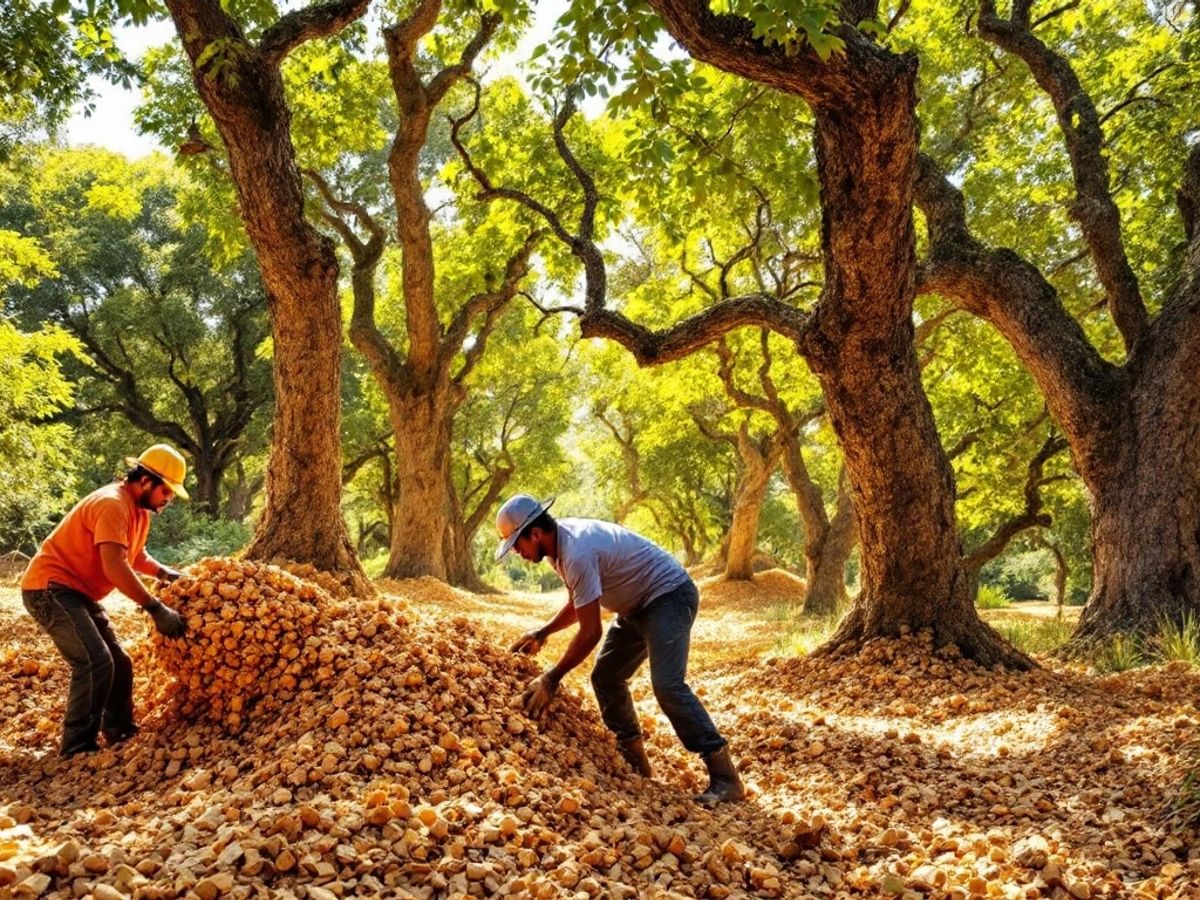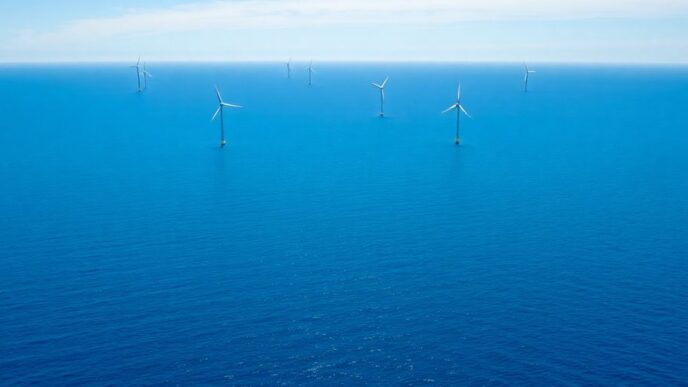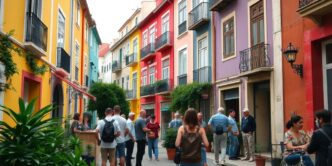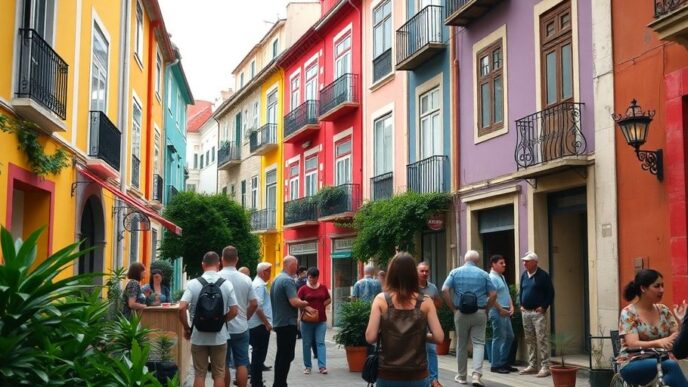Portugal, the world’s leading cork producer, is pivoting to new applications for cork as global demand for wine bottle stoppers declines. The industry is exploring innovative uses in footwear, fashion, and furniture, emphasizing cork’s eco-friendly properties and sustainability.
As global wine sales decline, the cork industry faces challenges. Traditional cork wine stoppers are increasingly competing with cheaper alternatives like plastic stoppers and screw tops.
Cork is harvested from the bark of cork oak trees (Quercus suber) using traditional methods that have been passed down through generations. The process involves stripping the bark every nine years, allowing the tree to regenerate.
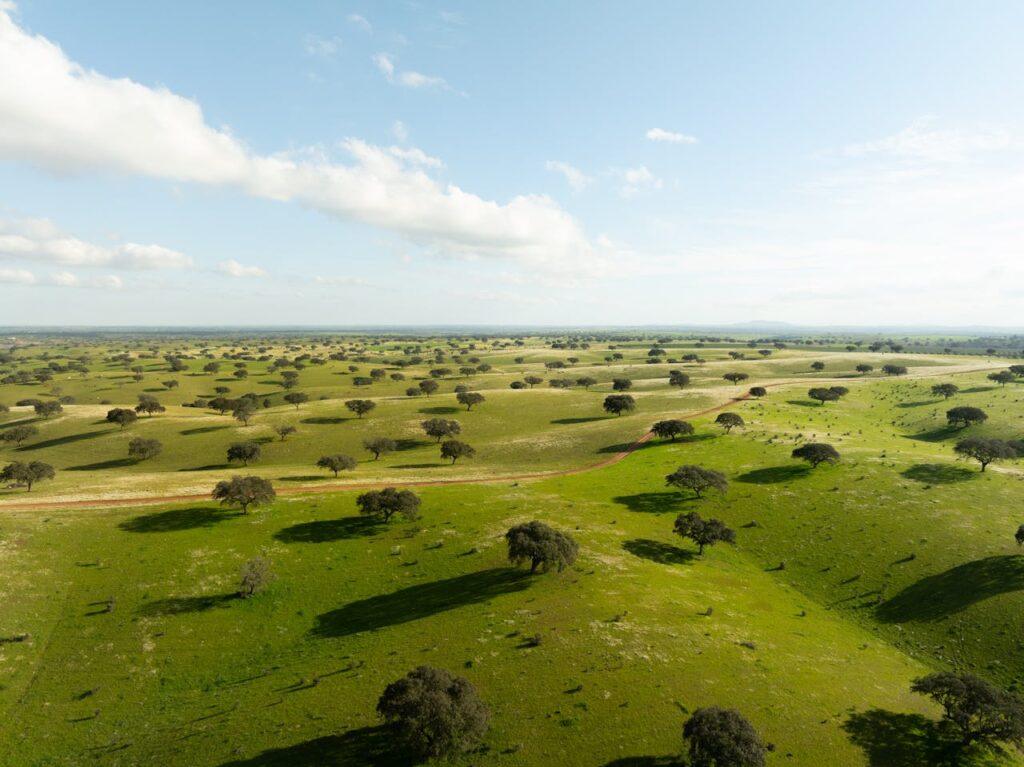
It’s a process that requires care and precision to avoid damaging the tree, which takes about 40 years to start producing usable cork. In regions like Ribatejo, cork oaks stretch for miles, showcasing the natural beauty and sustainability of this resource.
Despite the diversification efforts, the production of wine bottle stoppers remains the primary focus of Portugal’s cork industry. Corticeira Amorim produces approximately six billion cork stoppers annually, with 70% of its output exported to countries like Chile, France, and the United States. In 2023, the company reported sales of 985 million euros, slightly lower than the previous year.
The cork industry is crucial for the Portuguese economy, employing thousands and supporting rural communities. As the industry adapts to changing market demands, it continues to highlight the sustainable and eco-friendly nature of cork, ensuring its relevance in a modern, environmentally conscious world.

